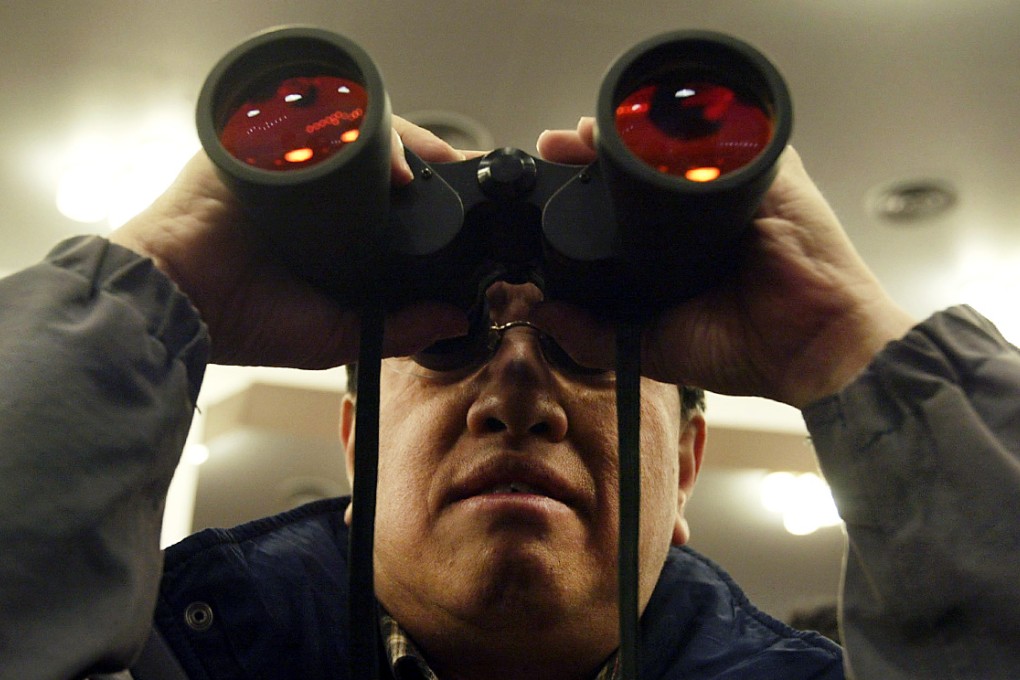Update | New Chinese law steps up military zone security to keep out 'foreign spies posing as tourists'
New law gives PLA greater powers to prevent intrusions into restricted waters and military facilities, whether by innocent fishermen or foreign spies

The security of Chinese military bases is being threatened by illegally built high-rise buildings and fake tourists seeking access to sensitive sites to spy, state media said today.
This came after the state announced that a new law, taking effect next month, would step up protection of China's military facilities and its territorial waters following reports of inadvertent intrusions into restricted zones and concerns about spying.
In a report released at a legislative meeting on Friday, the People's Liberation Army general staff department said many of the nation's military zones had been probed by foreign intelligence.
There have also been more innocuous intrusions into secured areas, for example by fishermen sailing into military restricted waters, according to a military adviser quoted by the official PLA Daily.
Only a tiny fraction of the 4,800 local government and military bodies which are supposed to protect such facilities are currently doing their jobs properly, the official China Daily today cited senior military officers as saying.
On Friday, the National People's Congress Standing Committee enacted the Protection of Military Installations law, that will become effective on August 1, state media reported.